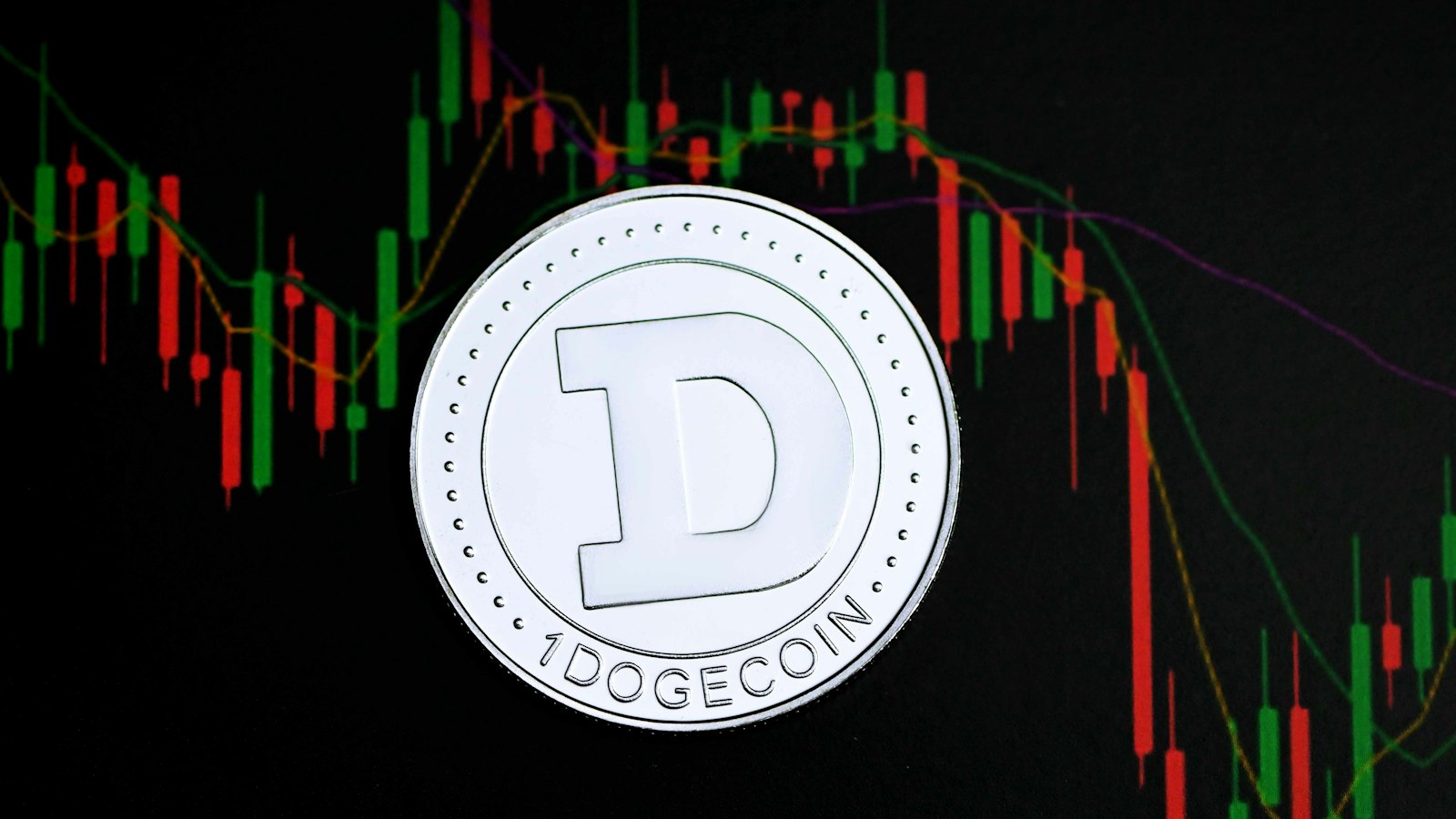Cryptocurrency has seen a tremendous surge in popularity over the past decade. Among the numerous digital currencies that have emerged, Dogecoin has managed to seize attention due to its unique charm and community-driven nature. However, as with any investment, regulatory considerations play a crucial role in navigating the crypto landscape.
At its core, Dogecoin was created as a lighthearted digital currency resembling the famous “Doge” meme. Initially introduced as a joke by software engineers Billy Markus and Jackson Palmer in 2013, it quickly gained a cult following, primarily driven by its enthusiastic online community. Despite its origins, Dogecoin has steadily gained traction as a legitimate cryptocurrency, attracting both investors and businesses alike.
Amidst the ongoing crypto revolution, regulatory frameworks have become a key focus for governments worldwide. The decentralized nature of cryptocurrencies allows for anonymity, which poses challenges in terms of money laundering, fraud, and tax evasion. Therefore, it becomes imperative for investors and users of Dogecoin to understand and abide by the regulatory considerations associated with this particular digital currency.
One critical aspect of navigating the crypto landscape involves staying informed about the regulatory guidelines provided by relevant financial authorities. Knowing the rules and obligations outlined by regulatory bodies helps individuals and businesses ensure compliance and mitigate any potential legal risks. For instance, in the United States, the Securities and Exchange Commission (SEC) closely monitors the issuance and trading of cryptocurrencies, including Dogecoin. Staying updated with SEC guidelines provides a clear understanding of the legal boundaries to operate within.
Additionally, the Internal Revenue Service (IRS) in the United States has clarified that cryptocurrencies, including Dogecoin, should be treated as property for tax purposes. This means that any gains from buying or selling Dogecoin may attract taxes depending on the holding period and the intent of the transaction. Similar tax regulations exist in various countries globally. Compliance with tax laws is essential to avoid any penalties or legal issues related to cryptocurrency transactions.
Furthermore, it is crucial for Dogecoin investors to understand the risks associated with the unpredictable nature of the crypto market. The value of Dogecoin can fluctuate dramatically within short periods, making it highly volatile. While this volatility offers opportunities for profit, it also exposes investors to potential losses. Being aware of the risks and adopting sound risk management strategies is necessary for long-term success in the crypto landscape.
A key consideration for individuals and businesses involved in Dogecoin transactions is cybersecurity. Cyber threats targeting cryptocurrencies are prevalent, and investors must take steps to protect their digital assets. This includes securing online wallets, using strong passwords, and enabling two-factor authentication. A proactive approach towards cybersecurity ensures the safety of Dogecoin holdings and mitigates the risk of falling victim to hacking or fraudulent activities.
In conclusion, Dogecoin’s rise as a prominent digital currency has caught the attention of many investors and businesses. However, navigating the crypto landscape requires careful consideration of regulatory guidelines, understanding tax obligations, managing the volatility of the market, and adopting robust cybersecurity measures. By addressing these aspects, investors can navigate the world of Dogecoin more confidently, safeguarding their investments while actively participating in the evolving cryptocurrency ecosystem.







